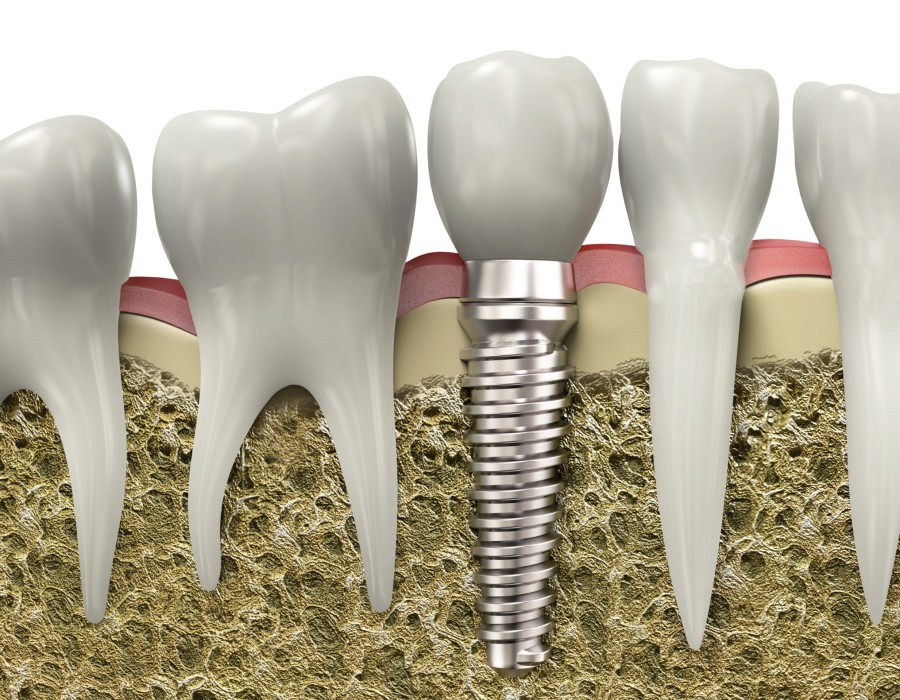Dental implants have become a popular solution for those looking to replace missing teeth and regain full oral function. Beyond just aesthetics, these implants play a crucial role in restoring natural bite function, allowing individuals to enjoy everyday activities such as chewing and speaking with confidence. This article explores how Dental Implants Dubai contribute to bringing back natural bite mechanics in a friendly and easy-to-understand way.
Understanding Natural Bite Function
The bite is more than just how teeth come together; it is an intricate system involving teeth, gums, jawbones, muscles, and nerves working harmoniously. Proper bite function ensures that chewing is effective, pressure is evenly distributed, and the jaw moves comfortably without strain.
When teeth are missing, this balance is disrupted. Adjacent teeth may shift, the jawbone can begin to deteriorate, and chewing efficiency drops. Dental implants offer a way to restore this balance, mimicking natural teeth closely.
What Are Dental Implants?
Dental implants are small titanium posts surgically placed into the jawbone where teeth are missing. Over time, these implants fuse with the bone in a process called osseointegration, creating a stable foundation for replacement teeth such as crowns, bridges, or dentures.
Because implants integrate directly with the jawbone, they provide a strong and secure base, allowing the artificial tooth to function almost like a natural one.
How Dental Implants Restore Bite Function
Stability and Strength
One of the main ways dental implants restore bite function is through their exceptional stability. Unlike removable dentures, which can shift during chewing, implants stay firmly anchored. This stability allows for biting down with normal force without discomfort or fear of the replacement teeth moving.
Preservation of Jawbone
Missing teeth often lead to jawbone resorption, where the bone begins to shrink due to lack of stimulation. Dental implants stimulate the jawbone just like natural tooth roots, preventing bone loss. A healthy jawbone is essential for proper bite mechanics because it supports the alignment and strength of teeth.
Maintaining Proper Tooth Alignment
When teeth are missing, surrounding teeth tend to drift into empty spaces, which can cause misalignment and bite problems. Implants fill those spaces, helping maintain correct tooth positioning and overall bite alignment.
Enhanced Chewing Efficiency
Because implants provide a secure and natural-feeling replacement, chewing becomes more efficient. This means that food can be broken down properly, aiding digestion and overall health.

Benefits Beyond Bite Restoration
While restoring bite function is a major advantage, dental implants offer additional benefits that contribute to overall oral well-being.
Improved Speech
Gaps from missing teeth or unstable dentures can affect pronunciation. Implants help support proper tongue placement and lip movement, enhancing speech clarity.
Boosted Confidence
With dental implants, many find renewed confidence when smiling, speaking, and eating in social settings.
Longevity and Durability
Dental implants are designed to last many years, often a lifetime with good care, making them a reliable solution for bite restoration.
Who Can Benefit from Dental Implants?
Dental implants are suitable for most people who have lost one or more teeth and have adequate bone density. A thorough evaluation can determine if someone is a good candidate for implants. Many people who experience difficulty chewing, speech issues, or discomfort from missing teeth may find dental implants transformative.
Common Questions About Dental Implants and Bite Function
How long does it take to restore bite function after getting implants?
Once implants are placed, it typically takes several months for the bone to fully integrate with the implant. After this healing period, the artificial teeth are attached, and bite function can be restored. Many notice gradual improvements in chewing and comfort during the process.
Will dental implants feel like natural teeth?
Yes, because implants fuse with the bone and support teeth firmly, they feel very similar to natural teeth in both function and sensation.
Can dental implants prevent further dental problems?
By maintaining jawbone health and proper tooth alignment, implants help prevent complications such as shifting teeth, bone loss, and bite issues.
Are dental implants suitable for people with jawbone loss?
In some cases where bone loss has occurred, additional procedures may be needed to build up the bone before implants can be placed. This ensures the implants have a strong foundation.
How do implants affect eating habits?
Dental implants allow most people to return to their normal diet without restrictions. They can bite and chew foods that might have been difficult before due to missing teeth or dentures.
Final Thoughts
Restoring natural bite function is essential for maintaining oral health, comfort, and quality of life. Dental Implants in Dubai offer a highly effective solution that goes beyond aesthetics by providing strength, stability, and bone preservation. Many find that with implants, they regain the ability to chew, speak, and smile confidently as if their natural teeth never left.
Exploring dental implants as a tooth replacement option can be the key to unlocking a more natural, comfortable, and functional bite, supporting overall well-being for years to come.






Comments